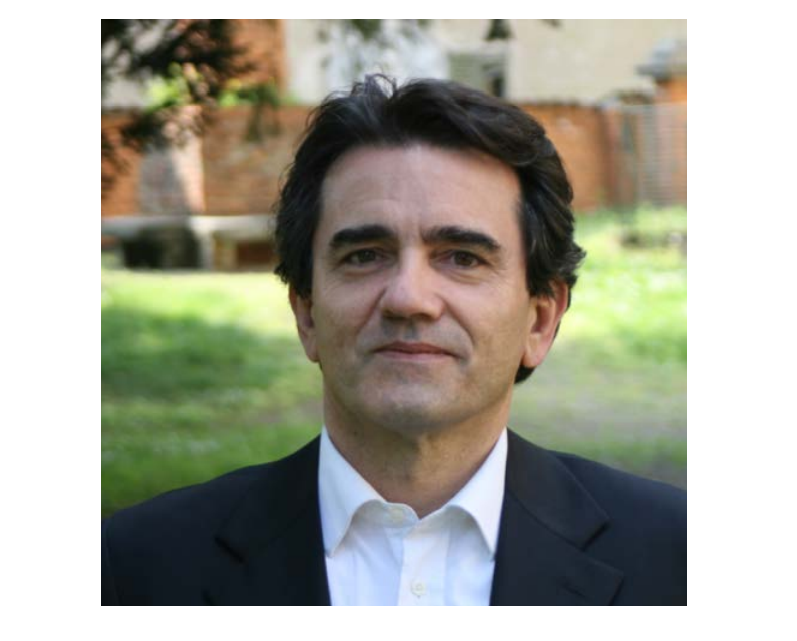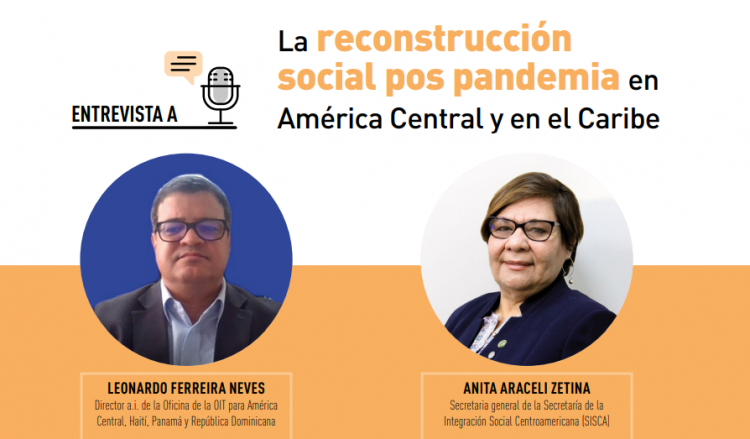By Mercedes D'Alessandro, Argentina's First National Director of Gender, Equality, and Economy. She has a PhD in Economics from the University of Buenos Aires. She was a teacher at the University of Buenos Aires and director of the Political Economy degree at the National University of General Sarmiento (UNGS). She is the author of the book “Feminist economics. How to build an egalitarian society (without losing glamour)” and appeared in the Time magazine TIME100 Next list of influencers of the future.

Foto: María Candelaria Lagos
The global crisis unleashed by Covid-19 is leaving higher levels of equality in its wake. The world’s economies are still grappling with its many consequences: recession, unemployment, loss of income, indebtedness, poverty, negative effects on education, technological transformations, climate change, health emergency, destruction of the productive sector, among others. At the same time, structural inequalities were amplified, because the crisis particularly affected informal workers, women and young people. The impact on women has been enormous because they are also affected by another crisis, the carer crisis. Therefore, finding a way out means closing gender gaps and working towards a sustainable economic model.
Care work, mainly the responsibility of women, supports the productive system and society. Most are workers in the so-called care economy: they attended hospitals, took care of education, were responsible for food assistance, took care of household chores, and looked after children, the elderly and people with disabilities. Without this care work in homes and community spaces, the effects would have been even worse. However, the traditional view of the economy taken by many governments still has a hard time understanding the fundamental role that care plays. This sector is essential to keep things running during the crisis, to find a way out and to build a future. Without these women – many overburdened and unable to take a break during the pandemic – there would be no economy to rebuild or recover.
In Argentina, at the beginning of 2020 and in just two months, women lost two decades of progress in their participation in the labour market. The crisis had an even bigger impact on women who have children and adolescents in their care. The unemployment gap between young men and young women was multiplied by four. However, after more than a year in a pandemic and the recovery, many women still not managed get back into the labour market or find a job? How would you explain this? On the one hand, women are overrepresented in the most seriously affected sectors of the economy (such as tourism, culture or gastronomy) and are lacking in the most dynamic and strategic, which are dominated by men (such as industry, technology and energy). On the other hand, the unequal distribution of unpaid tasks in households and the consequent crisis of care is a central factor in understanding what happened. Women do three times more unpaid care and domestic work than men. This uneven distribution has negative effects on their employability, careers, income and future. The care burden increased during the pandemic, with the closure of schools, kindergartens, and the introduction of remote work. That was then something that had been problematic for many households became unsustainable.
The government of Argentina took specific steps to deal with the issue. We created institutional spaces to diagnose the situation nationwide, measuring the differences between women and men. We transformed management tools and prepared the first-ever budget with a gender perspective. Unprecedented social care measures were also implemented to close gender gaps.
The biggest challenge ahead is to achieve a sustainable economic recovery. For this to happen, we need to advance along two lines. Firstly, women must join the ranks of strategic sectors of the economy, such as industry, public works and technology. Secondly, the entire care value chain must be strengthened, to recognise and value these jobs and uphold their rights. The physical dimension must also be incorporated: the care infrastructure, which is an opportunity multiplication vector. So, jobs are created in construction, care jobs increase and improve and the women’s economic independence improves because they have time to work, start businesses, study, rest, take care of their health, among other possibilities.
Women in Argentina and around the world are an essential component that keeps the economy moving. To be fair and sustainable, economic development must take place with a feminist perspective. This also means that women take part in analysis, design, management and government. There are great challenges when it comes to plotting a future, but they are also essential.



